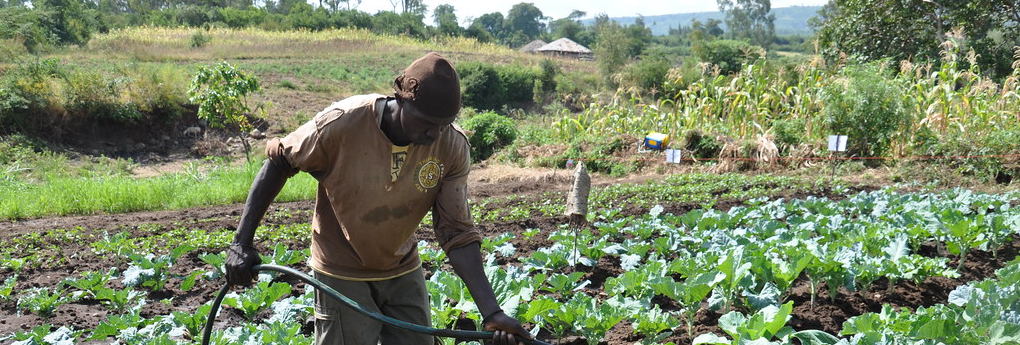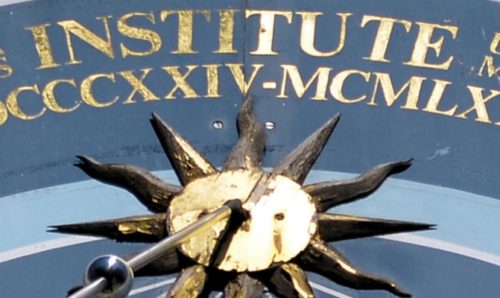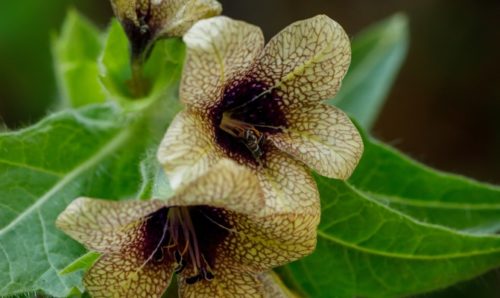Challenging the doctrine of traditional farming
Departments Water 19th March 2020
A new partnership between two leading microbiologists – one based here at The University of Manchester and the other at Kenyatta University in Kenya – hopes to revolutionise farming techniques in Africa.
Dr Ezekiel Mugendi Njeru and Professor David Johnson have been awarded the FLAIR Collaboration Grant. The fellowships provide the opportunity for early career researchers in Africa to address global challenges by undertaking high quality research. The scheme is a partnership between the Royal Society and the African Academy of Sciences, and is supported by the Global Challenges Research Fund.
The partnership between Dr Njeru and Prof Johnson centres on the manipulation of plant and soil diversity in order to maximise both resources and the resilience of agri-ecosystems. Or, in layman’s terms, to grow crop plants more effectively and sustainably, and ensure they are more reliable and resilient in the face of drought and other environmental pressures.
Down to earth
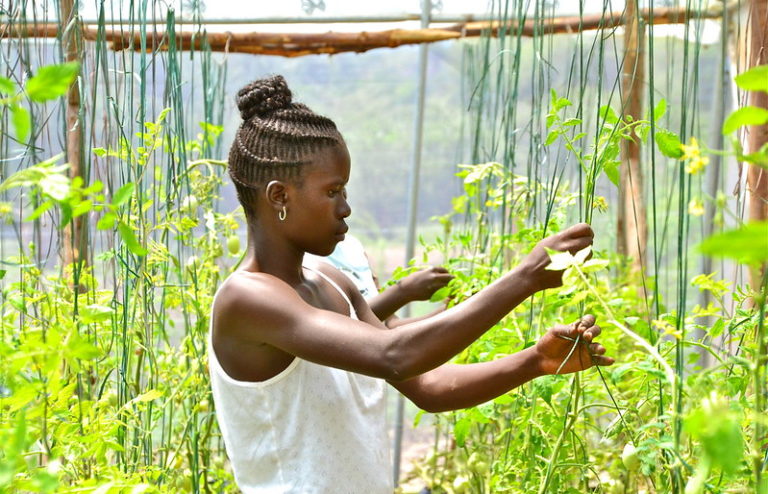
In traditional farming, each crop is usually far from diverse. In fact, farmers favour sticking to one gene type per crop group. This is known as a genetic monoculture, and is something of an unchallenged convention in agriculture. It’s a convention this partnership hopes to challenge.
Mixed gene varieties of crops are more resilient – but this is something that is rarely tested in practice. By experimenting with mixed gene pools, the pair believe crops can be made more resilient to environmental challenges, such as drought.
“Genotypic diversity is increasingly recognised as a key component of biodiversity that regulates numerous ecosystem processes in natural communities, including resilience of ecosystems against climate change,” Prof Johnson and Dr Njeru put forward in their research proposal. “A key consequence of genotypic diversity is variation in traits – and it is this variation that is likely to impact ecosystem processes and resilience.”
In addition to considering the genetics of crops, Dr Njeru and Prof Johnson will be looking at how organisms within the soil interact with plants and help to boost both growth and resilience.
Microbiology is a shared expertise of the two academics, with Prof Johnson an expert in the symbiotic mycorrhizal fungi that live in plant roots. “An emerging focal area of research in agricultural systems concerns gaining a greater understanding of how key crop genotypes interact with beneficial soil microorganisms, such as mycorrhizal fungi,” the pair state. “The symbiotic relationship between plants and arbuscular mycorrhizal fungi is one way in which important crops (such as maize) grown in Africa greatly improves the efficiency of phosphorus uptake, especially in infertile soils.”
Finally, the partnership will investigate which nutrients within the soil the crops access. From this, the team will develop cropping strategies that allow the crops to thrive on nutrients found naturally in the soil, rather than costly fertilisers.
The future of farming
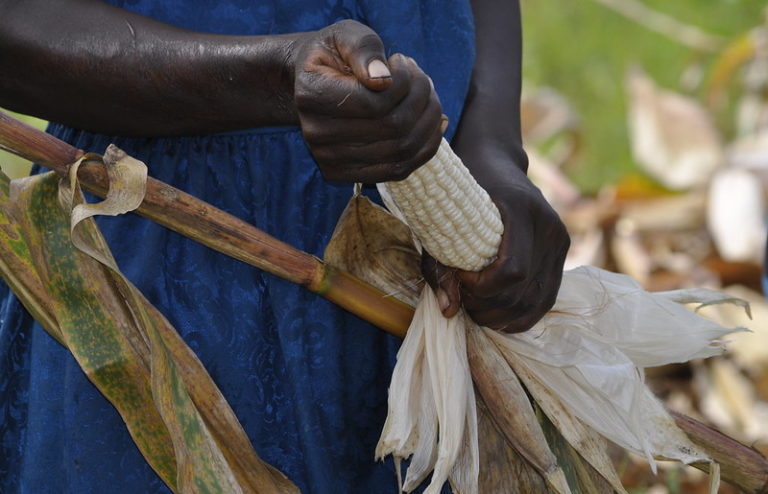
The partnership will target small holder farmers in Kenya. Currently, farmers here battle numerous challenges. Chief among these are environmental conditions such as drought, which can rob farmers of a year or more’s worth of crops.
A further issue is the expense of the resources farmers need to ensure the growth and survival of their crops. Fertiliser can be extremely expensive, but is seen as a necessity of farming.
Dr Njeru and Prof Johnson hope the work of their team will result in a different way of dealing with environmental risks and expensive resources, by employing more ecological thinking.
“Learning from nature where you want to support farming systems, with no expensive tech and by tapping into something like microorganisms, is increasingly common in the UK,” says Prof Johnson, who is based in the Department of Earth and Environmental Sciences. “The thinking comes from the West, but there is plenty of enthusiasm [elsewhere] to harness this.”
The work will be conducted in the lab but also with the help of working farmers in Kenya, who will test new techniques on their farms and homesteads.
Liked this? Then be sure to subscribe on our homepage to keep up to date with all the latest posts from The Hub.
Words – Hayley Cox
Images – Water Alternatives, Cecilia Schubert, Microlinks
agricultureEarth and Environmental SciencesfarmingKenyamicrobiology

